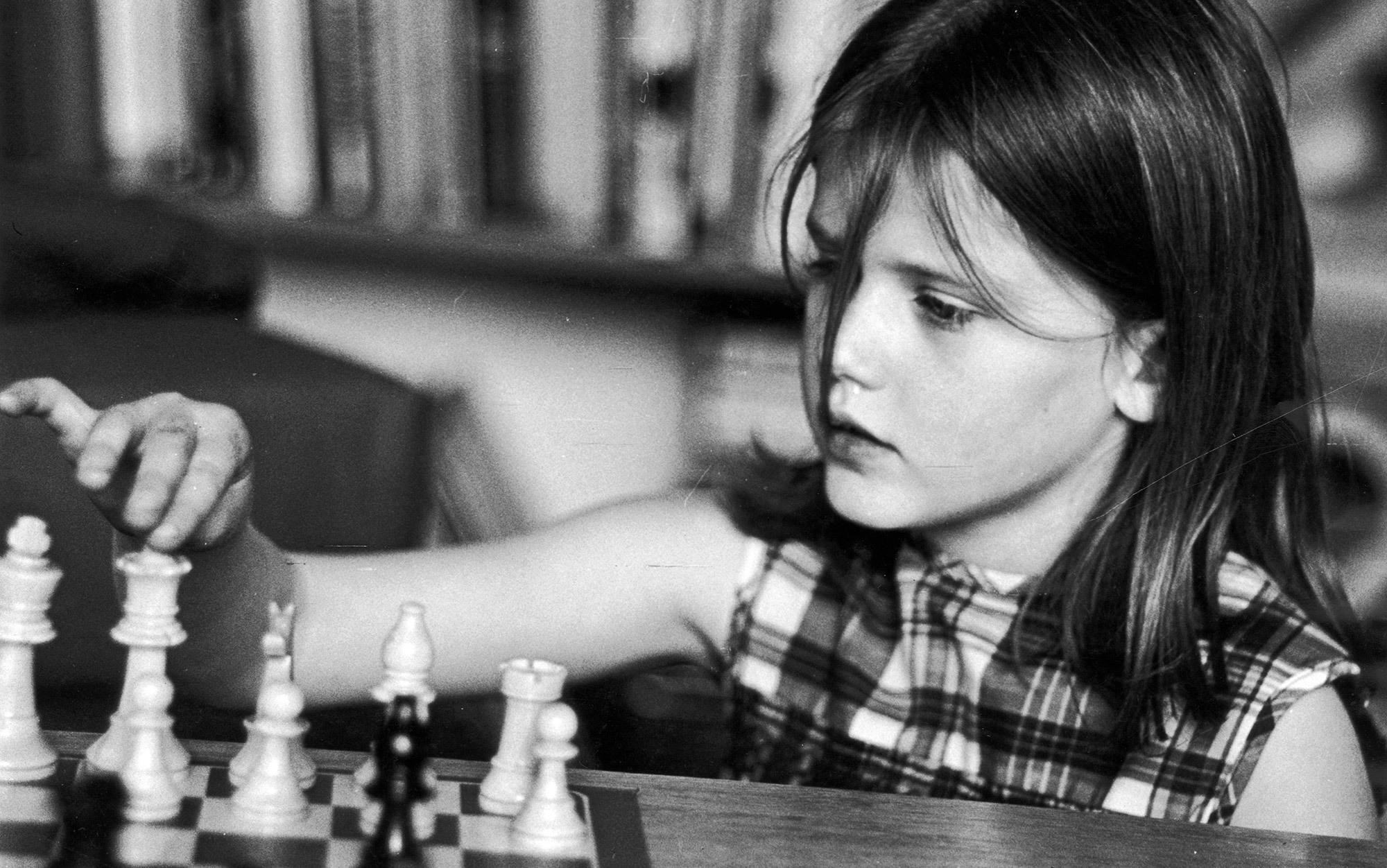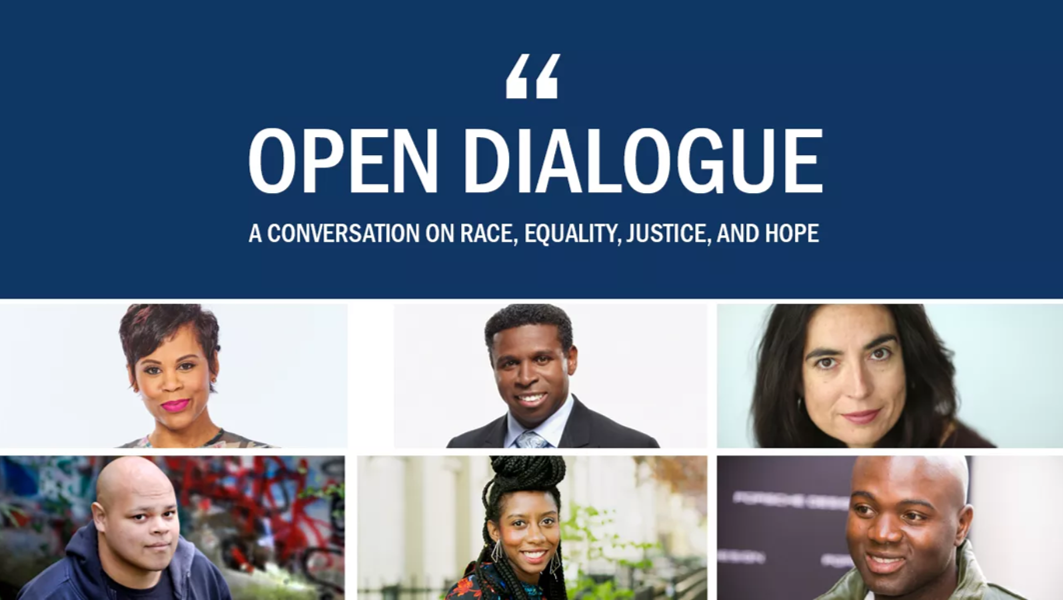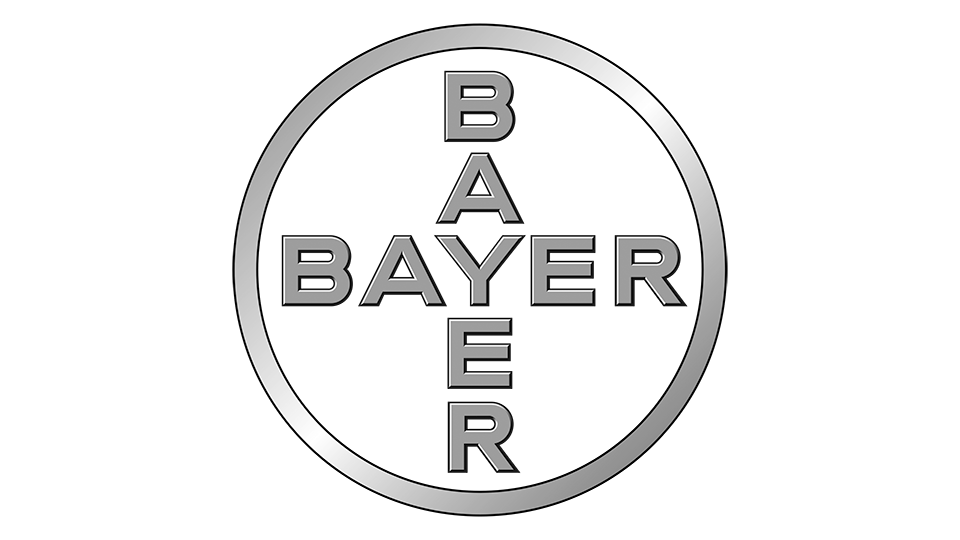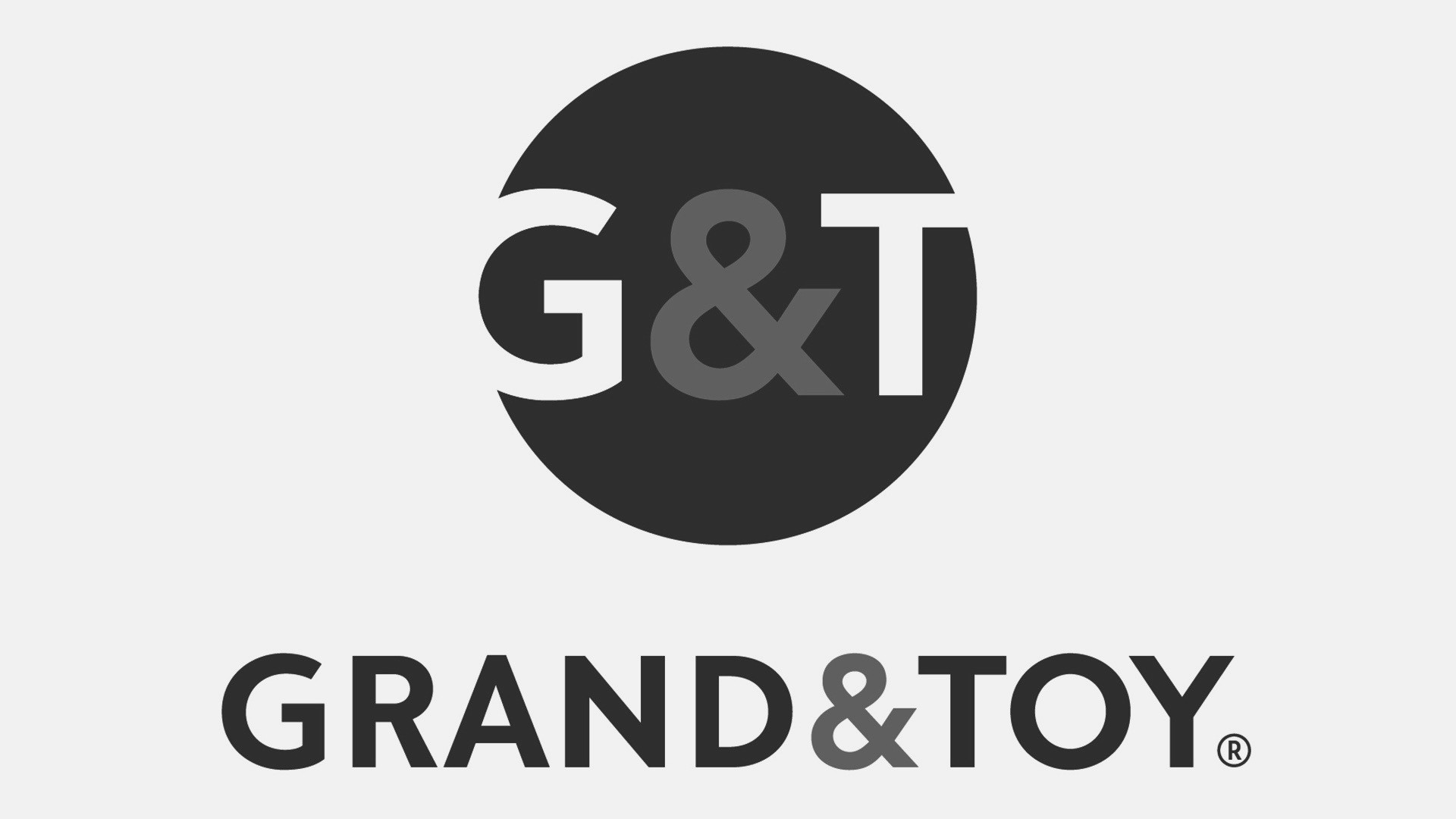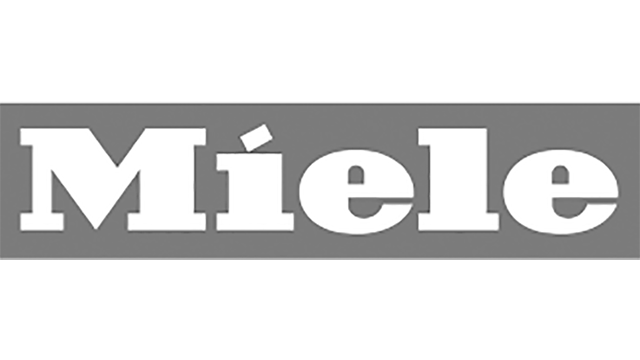Can you Learn from Someone Younger?
Can You Learn from Someone Younger?
Continuous and active learning are crucial for the overall success and growth of a leader. Especially in this world where everything is changing at a rapid pace. I think we all know this to be true. But is it possible to learn from someone younger? Well, I sure did!
Millennials have been a trending topic in the mainstream media and in our own work places, as PEO members. We recognize that millennials are not just the majority of our workforce, but also the leaders we’re hiring and working alongside today. They truly are leading us into the future.
So how do we navigate the generation gap?
For one, by focusing less on age, and identifying the value in learning from each other.
What I learned from an exceptional leader, Dave Wilkin, who happens to be a millennial, is simple – our perception of mentorship needs to change.
When we agree to mentor, and I am speaking to the senior leader who has committed to “teach” the young one, what we ought to agree to, is to be the mentee as much as the mentor.
When we identify the mutual benefit of a mentor or a mentee relationship, we understand that there is in fact no difference. Only then can we tap into the real results that come from mentoring and networking. The result? Innovation!
If the next generation understands tools and trends, and senior leaders understand industries, why are we not working more together to fearlessly innovate the future?
Dave Wilkin – pictured here — spoke at our Eye Of The Executive Series last week. Dave started TenThousandCoffees.com because he believes that successful people rely on professional relationships. Not unlike what we believe at PEO! The platform is a private mentoring program to help organizations match and build team relationships to drive high performing and happy teams.
The fact is, when you identify learning as a key element to success, you start to think less about age, and more about ideas.
You also start to put more value in networking and mentorship.
Given the demand placed on leaders, I am aware that we are often buried in the everyday tasks of leading organizations. But the leaders who fundamentally understand the value in continuous learning, they simply make the time. Time to step out of their day-to-day business and think about the future of their organizations, the employees they lead and their own personal lives.
What you ultimately uncover by doing that is the value in diversity of thought. When we can learn more from our difference than our similarity, we begin to unlock the potential of our, and the next generation!
—–


